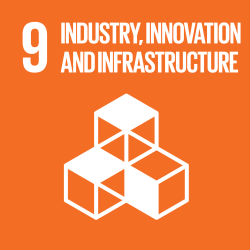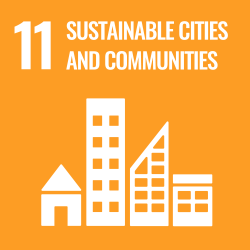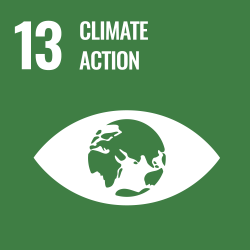Supporting small businesses to adapt to climate change.

Researchers at the UTS Institute for Sustainable Futures (ISF) have developed the Climate Ready toolkit for small businesses wanting to become more resilient to climate change.
The toolkit was commissioned by the Government of Western Australia as part of its commitment to building a climate-resilient economy and supporting communities adapt to climate change.
Small businesses are the backbone of Australia’s economy, providing essential services, local jobs, and helping to make their communities a great place to live. Yet small businesses are amongst the first to feel the impacts of climate change.
The Climate Ready toolkit helps small businesses adapt to climate change and other disruptors so they can thrive, not just in times of crisis but for the longer term.
The toolkit helps users understand how the climate is changing in their region, think through the risks to their business and make plans tailored to their unique needs and capabilities. For some businesses this may mean a change of course, but for most it is simply about applying a climate resilience ‘lens’ to the way they manage risks and opportunities as they go about their core business.
Climate change can be a tough topic for businesses if they have already experienced disasters or operate in a sector that is particularly exposed to climate risks. For other businesses, awareness of climate change and its impacts can be limited.
The key challenge of this project was to create a toolkit that would appeal to time-poor small businesses operating in a diverse range of sectors and with varying levels of prior knowledge and interest. Our team adopted a design-led approach that placed users at the centre. We engaged with small businesses and business advisors from the outset, using an awareness of their needs, perspectives and experiences to generate the form and content of the toolkit.
ISF typically adopts a collaborative, user-led approach to the development of toolkits and information resources. A range of small businesses, business advisors, industry bodies, government agencies and academic experts contributed to the toolkit’s development at different stages. We worked in partnership with visual design experts Parallel Lines and Caitlin Ong, using a process where researchers and information designers worked collaboratively from the outset.
The result is a toolkit that uses information layering and clear navigation to ensure time-poor users can find key ‘need to know’ information easily. The toolkit consists of a guide and editable workbook. The guide is divided into sections that address the why, what and how of becoming climate ready. It includes stories and examples from small businesses, activities that take users through simple steps to make their business climate ready, and links for further information. The workbook (in Word) guides users to record their thinking at each step and create a tailored plan of action.
The message of the toolkit is positive. Small businesses already have many of the necessary skills, such as the ability to learn and adapt quickly, and can build on these to become climate ready. Being prepared to deal with the impacts of climate change can help small businesses feel more confident. It’s not simply about survival, but about finding ways to thrive in uncertainty.
Download the Climate Ready guide
| Researchers | Client | SDGs | |||
Melinda Morris | Government of Western Australia | This project is working towards UN Sustainable Development Goals 9, 11 and 13.
|




